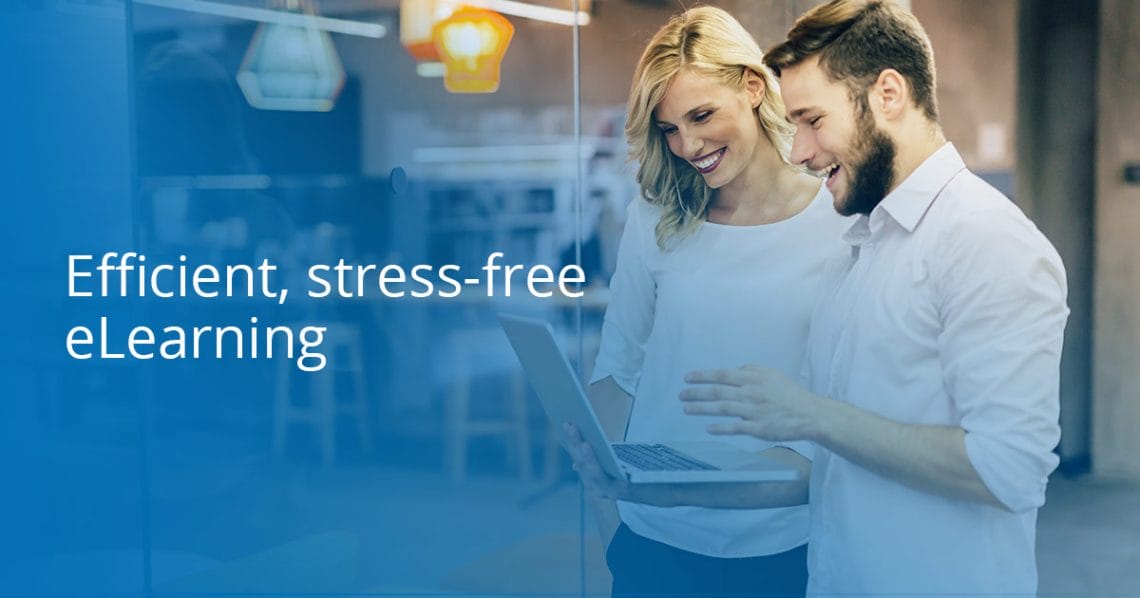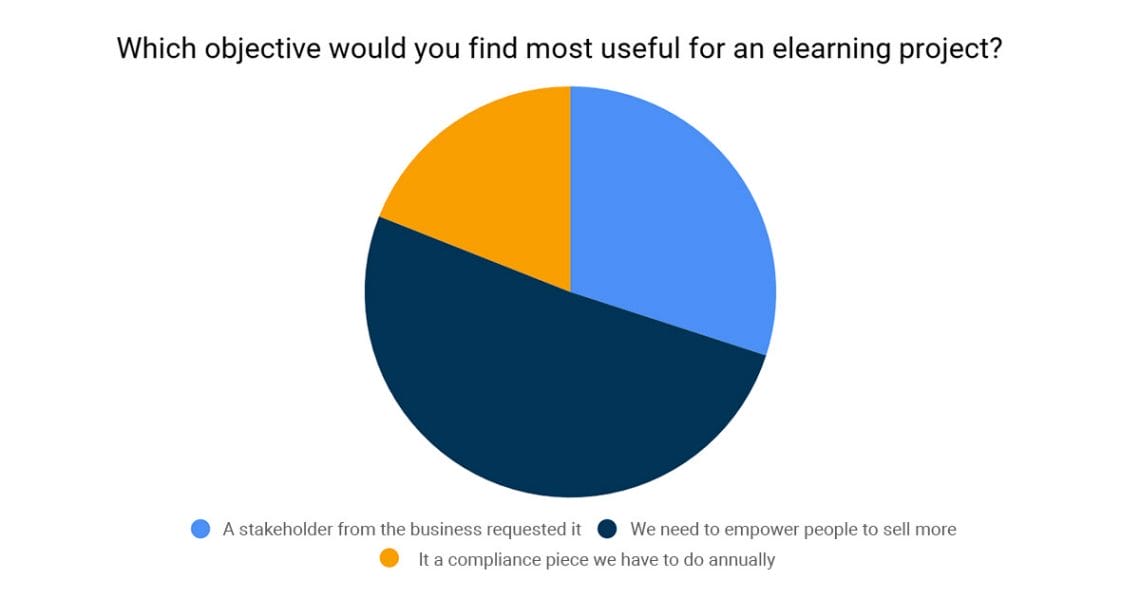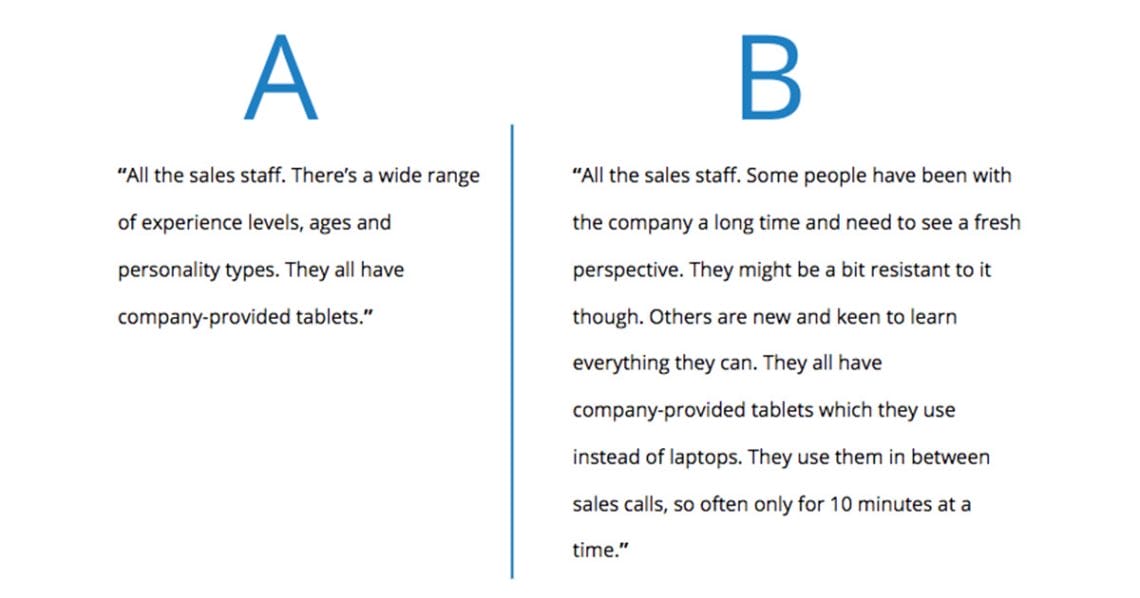
Use these strategies to take the pain and stress out of eLearning projects
If you work in elearning you’ll know the pain already. Late nights in the office, last minute u-turns, budgets that make your eyes water. The ideal learning project that goes off without a hitch can seem like a utopian dream, but by spending the time up-front planning you should be able to knock most (if not all) of these hiccups on the head. We discussed some tactics and strategies to do just this in our webinar on how to accelerate elearning production and and increase effectiveness.
What does the ideal learning project look like for you?
- Completes on time and on budget
- Stress free for the production team and key stakeholders
- Easy and enjoyable for end users to find and navigate through
- Meets real world objectives, for example filling a skills gap, improving performance or bringing about behaviour change
Probably all of the above, but which is most important? We’d argue for #4, but the rest don’t have to be relegated to a fantasy world.
The most successful learning projects have a first class plan. Making key decisions up front will ensure the smooth running of your project and avoid those frustrating and time consuming U turns that can happen if your stakeholders aren’t on-board from the start.
Here are our top tips for planning for efficiency:
1. Get concrete with your objectives
It’s vital to unite your team around a common, concrete objective. We asked the webinar attendees what type of objectives they would find most useful – which would help them plan the most.

If your stakeholders give you a very vague objective, push back, keep asking ‘why?’ and really try to drill down into what business need is driving the project, beyond just ‘because the boss said so’.
2. Properly understand your audience
What does your audience description look like at the start of a project? Have you captured your audience’s needs adequately to be able to inform your design?

Download this free template to help better understand your audience
3. Streamline your processes
You know your objective and you’re clear on your audience needs, but how are you going to pull it all off in time and to a high degree of quality? There are some key questions to ask to make sure you’re set up for success:
- Who will be working on your project and what skills does that give you? For example, if you don’t have access to an illustrator…you can’t really go down an illustrative design route.
- What volume and complexity is achievable in the time available? Be realistic with what you can do with the time and resources available!
- Which future needs to do you need to consider right from the start? For example will you have multiple variations to manage or need to deal with translations? How will you do this?
Spending planning can feel like it’s slowing you down and too time-consuming at the start of a new project. But, invest up-front in ensuring you have clear objectives, you understand your audience and you’re planning a project that will work with process and resources available, it will pay off.
In the webinar, we also discussed the importance of designing for effectiveness and choosing tools authoring and LMS tools for seamless integration. Want to know more? Watch the webinar here.
Further resources:
- Free Guide: How to Conceptualize your elearning ideas – get advice and guidance on how best to design for success and turn your learner needs into a vision.
- Free Guide: How to speed up your elearning creation process – get tips and checklists that will help you streamline your elearning build
Georgina Cooke is a forward thinking and experienced Learning Consultant in the Elucidat Professional Services team. Georgie helps clients think critically about how to use technology and modern content approaches to deliver the most effective learning experiences at scale.
Missed the webinar? Check it out on your own time by viewing the on-demand webinar.
